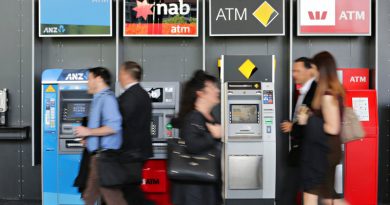UPDATE 1-Sterling takes hit as euro zone countries suspend AstraZeneca vaccine
* Graphic: World FX rates in 2020 tmsnrt.rs/2egbfVh
* Graphic: Trade-weighted sterling since Brexit vote tmsnrt.rs/2hwV9Hv (Adds chart, quote; updates background and rates)
LONDON, March 16 (Reuters) – Sterling fell against both the euro and the dollar on Tuesday with analysts attributing the move to news that Germany, Italy and France suspended AstraZeneca’s COVID-19 shots amid safety fears, dampening euphoria in Britain over its swift vaccination push.
Sterling fell 0.3% versus the dollar to $1.3853 at 1118 GMT, after hitting a one-week low of $1.3809 in earlier trading . Against the euro, it was 0.4% lower at 86.21 pence, having touched at 0926 GMT its lowest level of 86.40 pence since March 5.
The euro zone countries said they would suspend the AstraZeneca shots after several other European countries reported possible serious side-effects, but the World Health Organization said there was no proven link and people should not panic. Shares in the British vaccine maker were up 3% on Tuesday.
Britain said it had no concerns, but analysts have been cautious saying that if the safety fears surrounding AstraZeneca vaccine are confirmed, this could compromise Britain’s speedy inoculation programme.
“Should the EMA (European Medicines Agency) rule that AstraZeneca does indeed have material safety concerns, this would potentially compromise the UK vaccine strategy, even if the EMA no longer have any standing in the UK post Brexit,” said Jeremy Stretch, head of G10 FX Strategy at CIBC Capital Markets.
Such an outcome would risk sterling falling to around $1.3798, Stretch said.
The EMA will hold a news conference at 1300 GMT on Tuesday.
Sterling gained more than 5% against the dollar in the first seven weeks of the year amid hopes for a relatively fast economic recovery following a speedy vaccination programme and declining numbers of COVID-19 cases in Britain.
Dwindling expectations that the BoE will push interest rates below zero, and the Brexit trade deal with the EU agreed in December, have also supported the pound, which rose above $1.42 on February 24.
But over the past two weeks, cable fell 3% amid rising tension between Britain and the bloc, as well as a recent surge in Treasury yields, which strengthened the dollar and added pressure on risk currencies like sterling.
The European Union launched on Monday legal action against unilateral British changes to Northern Irish trading arrangements.
“The negative news flow about the Oxford vaccine in the EU and the coincident news about legal action by the EU against the UK has been sufficient to knock confidence in the pound,” said Jane Foley, head of FX Strategy at Rabobank.
Markets will be looking to the BoE’s announcement on Thursday, analysts said.
Source: Read Full Article


